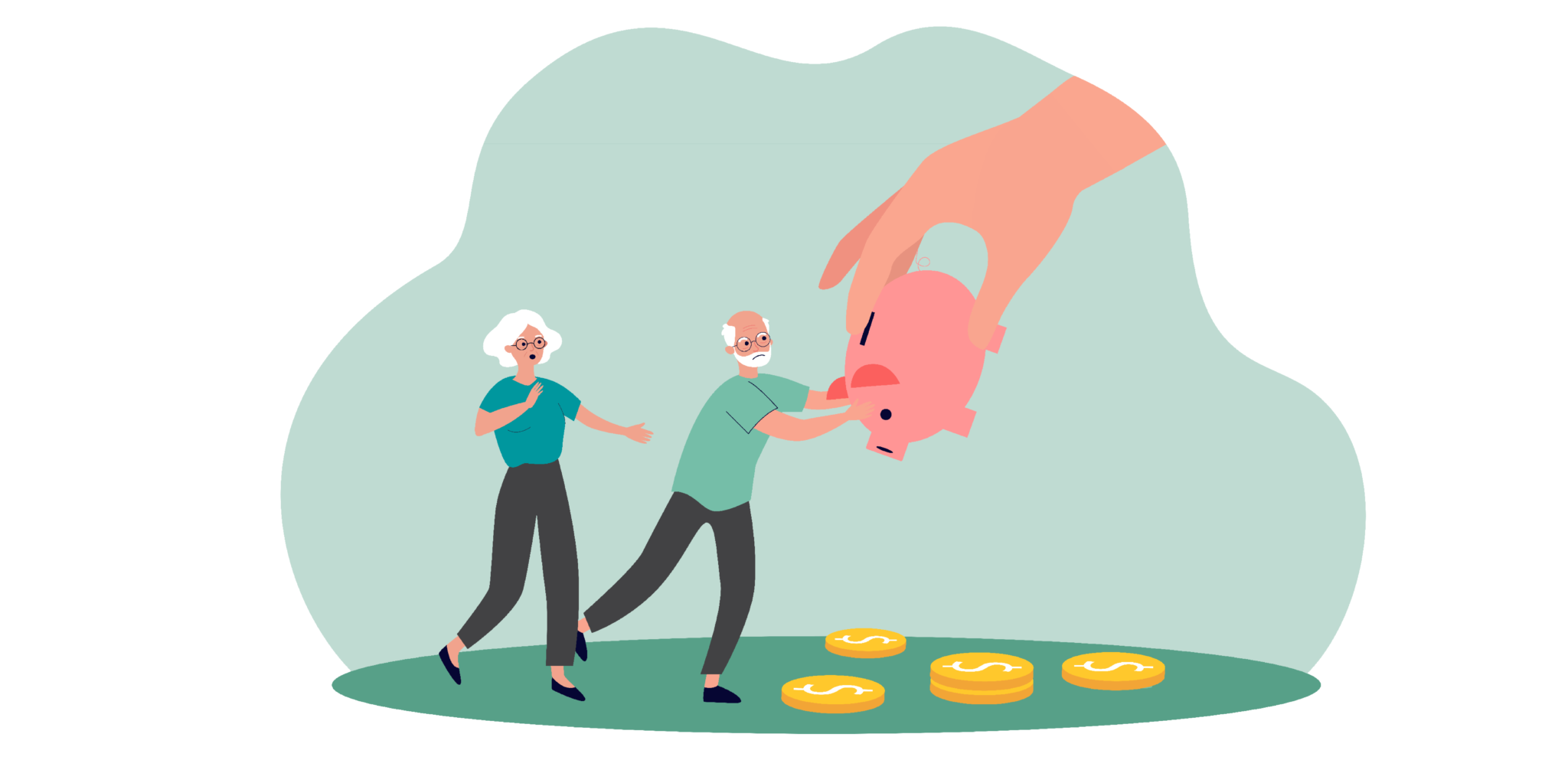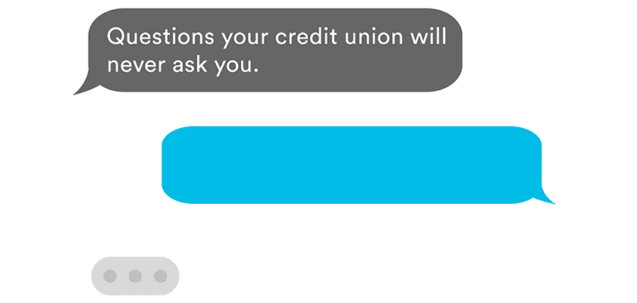Categories


While our senior citizens possess an incredible wealth of knowledge and experience that we can all learn from, they are also more vulnerable to mistreatment and abuse than other groups.
One common form that elder abuse can take is financial.
According to AARP, older Americans lose over $28 billion dollars every year due to elder financial exploitation; it’s a major issue that could affect you or your loved ones.
In honor of June being World Elder Abuse Awareness Month, let’s walk through the realities of financial elder abuse: what it is, how to recognize it, and how to help.
What is Financial Elder Abuse?
The Consumer Financial Protection Bureau (CFPB) defines financial abuse as “when someone takes or misuses another person’s money or property for the benefit of someone other than that person.”
Financial elder abuse occurs when someone takes advantage of an older person’s finances or property for their own gain.
According to the National Adult Protective Services Association, 90% of people who commit financial elder abuse are people the victim knows and trusts, like relatives.
How Does Financial Elder Abuse Happen?
There are many ways that financial elder abuse can take place. It can range in severity from writing unauthorized checks to manipulating an elderly person’s will and estate.
Here are some fictionalized examples to help demonstrate:
Maria (age 80) has a home health nurse who stops by each day to help her with her medications. When Maria isn’t looking, the nurse sneaks into her purse and writes down her credit card number to use later.
Daniel (age 71) is experiencing the early stages of Alzheimer’s disease. He has given his son, Michael, power of attorney to handle his finances. Instead of using the money as intended — to support his father’s continued medical and financial needs — Michael pockets it for his own purposes.
Shelby (age 90) still lives alone. One day, she hears a knock on her door. When she answers, a young man tells her that he is collecting money to support a local child in need of a life-saving surgery. Out of empathy, Shelby writes the man a check for $200. Unfortunately, there was never a child to raise money for – it was a scam.
Are There Any Warning Signs?
There are several warning signs that financial elder abuse may be occurring.
Changes in Banking Behaviors
Is your elderly loved one suddenly withdrawing large amounts of cash or taking more frequent trips to their bank or credit union? Major changes in banking behaviors can be a sign that elder abuse is occurring.
False Signatures
With their permission, take a look at your senior loved one’s financial documents. Most people sign documents similarly each time they do so. If you notice that this person’s signature has recently undergone massive changes, that can be a signal to check on their financial situation.
Bills Going Unpaid
If a senior citizen is seemingly unable to pay for their normal bills although there shouldn’t be any issue, someone could be interfering with their finances.
Changes in Credit Activity
To check for this, you can encourage your loved one to request a copy of their credit report for free. Their credit report will show all the lines of credit they currently have open, including any that have been opened fraudulently.
Is There Any Way to Prevent Financial Elder Abuse?
There are some preventative measures you can take to reduce the chances of you or your loved ones experiencing elder abuse:
- Talk to older family members about financial elder abuse and walk them through common scams affecting older adults so they’re aware of things to look out for.
- Maintain an open line of communication about finances. If you’re able to discuss these issues with your loved ones, they may feel more comfortable telling you if they feel they’ve been taken advantage of.
- Make a plan for who will take care of you when you are no longer able to care for yourself, with clear details on how you want your money to be handled. Toward the end of our lives, many of us rely on the assistance of our relatives or in-home caregivers. By making a plan ahead of time, you can reduce (but not eliminate) the risk of your money being used in a way you don’t approve of.
Keep in mind, though, that fraudsters and people who want to take advantage of vulnerable groups are always coming up with new tricks and tactics. Even if you take precautions, you should still keep an eye out for warning signs.
What Should I Do if I Suspect That Financial Elder Abuse is Taking Place?
If you suspect that elder abuse (in any form) is taking place, report it. It’s always better to be safe than sorry.
To find reporting resources, visit https://www.napsa-now.org/help-in-your-area/ and input your location information.
While it’s upsetting to think about, it’s important to be educated on the signs and impacts of financial elder abuse. By raising awareness, we can reduce its harmful effects on our elderly loved ones, and someday, ourselves.
This material is for educational purposes only and is not intended to provide specific advice or recommendations for any individual.



